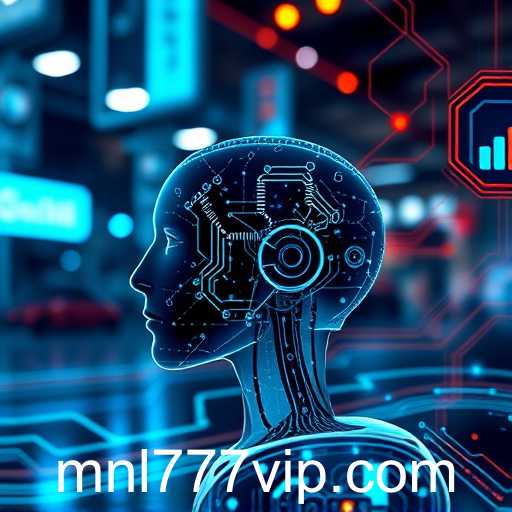Exploring the transformative effects of artificial intelligence across global industries and its impact on the economy.
In recent years, the rapid advancements in artificial intelligence (AI) have significantly transformed various industries around the globe, bringing forth a new era of technological progress. From healthcare to transportation, AI technologies are reshaping the landscape of traditional business models, driving efficiency, and fostering innovation.
The healthcare sector, in particular, has seen a tremendous impact from AI. Machine learning algorithms and data analytics are being utilized to predict patient outcomes, optimize treatment plans, and even assist in surgical procedures. These advancements not only improve patient care but also reduce the cost of medical services by minimizing human errors and operational inefficiencies.
In the automotive industry, AI is at the forefront of developing autonomous vehicles. Self-driving cars promise to revolutionize transportation, making it safer and more efficient. Major players in the automotive sector are heavily investing in AI research and development to bring fully autonomous vehicles to the mass market, which could potentially reduce accidents caused by human error and reshape urban planning and infrastructure.
Moreover, AI is playing a pivotal role in the finance industry, where algorithms are used for high-frequency trading, fraud detection, and personalized customer service. Financial institutions are leveraging AI to make data-driven decisions, offering tailored products to consumers, and enhancing cybersecurity measures.
Despite these benefits, the rise of AI has also raised concerns regarding job displacement and ethical implications. As machines become more capable of performing tasks traditionally carried out by humans, there is a growing debate about the future of work. Policymakers and business leaders are being called upon to find solutions that balance technological progress with workforce stability.
In conclusion, while the AI revolution presents both opportunities and challenges, its potential to drive economic growth and innovation is undeniable. As industries continue to integrate AI into their operations, they must navigate the complexities of technological change and ensure that the benefits are widely shared across society. The future of AI is not just about technological advancement but also about shaping a sustainable and inclusive digital economy.




